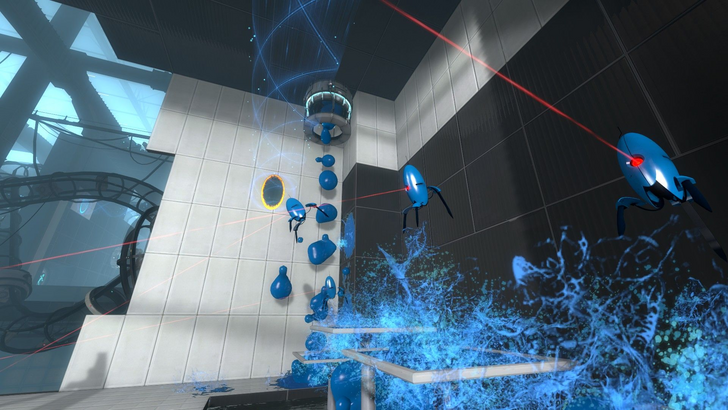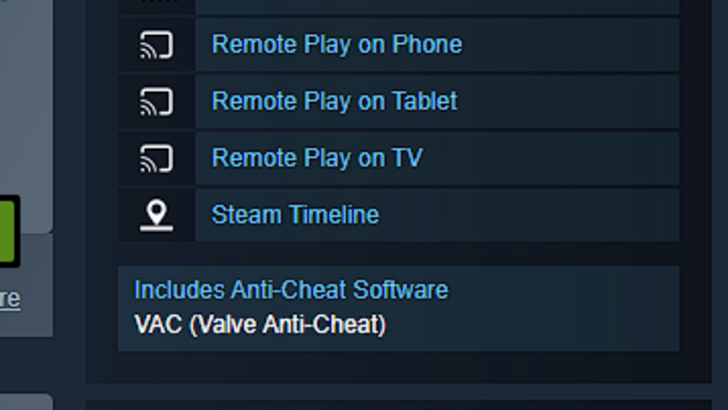
Steam is now requiring all developers to specify whether their game uses the controversial Kernel mode anti-cheat system. Read on to learn more about Steam’s updates to its platform and Kernel Mode Anti-cheat.
Steam Introduces New Tool for Describing Anti-Cheat in GamesKernel Mode Anti-Cheat Disclosure Required, Steam Announces

In a recent update on the Steam News Hub, Valve announced a new feature for developers to reveal the use of anti-cheat systems in their games, aiming to address both developer needs and player transparency. This new option, available in the "Edit Store Page" section on the Steamworks API, allows developers to specify whether their games utilize any form of anti-cheat software.
For client or server-based anti-cheat systems that aren’t kernel-based, this disclosure remains entirely optional. However, games using kernel-mode anti-cheat must indicate its presence—a step likely intended to address growing community concerns about these systems' intrusiveness.

Kernel-level anti-cheat software, detecting malicious actions by directly inspecting processes on a player’s device, has been contentious since its debut. Unlike conventional anti-cheat systems monitoring for suspicious in-game patterns, kernel-level solutions access low-level system information, raising player concerns about device performance, security, and privacy.
Valve’s update seems a reaction to persistent feedback from developers and players. Developers sought a clear method to inform their audience about anti-cheat details, while players requested more transparency regarding anti-cheat services and any needed game software installations.

In an official announcement on the Steamworks blog, Valve clarified, "We’ve received increasing feedback from developers seeking guidance on sharing anti-cheat details with players. Concurrently, players have requested greater transparency regarding the anti-cheat systems used in games, and the presence of any supplementary software installed."
This adjustment streamlines communication for developers and assures players, providing clearer understanding of the software methods used by games on the platform.
Initial Feedback is as Polarizing as Kernel Mode Anti-Cheat

The announcement of Steam’s newest feature update, released on October 31, 2024, at 3:09 a.m. CST, is now active. Counter-Strike 2's Steam page, pictured above, now clearly shows its use of Valve Anti-Cheat (VAC) to reflect this change.
Community feedback has been mostly favorable, with many users commending Valve for its consumer-friendly approach. However, the update's launch hasn't been without its detractors. Some community members criticized minor grammatical errors in the field's display and found Valve’s phrasing—especially the use of "old" to describe previous games that may update this information—unpolished.

In addition, some players posed practical queries about the feature, asking how anti-cheat labels will manage language translations or what constitutes "client-side kernel-mode" anti-cheat. PunkBuster, a frequently discussed anti-cheat solution, was one notable example. Others used the opportunity to address ongoing concerns surrounding kernel-mode anti-cheat, a system still viewed by some as excessively intrusive.
Regardless of this initial response, Valve appears committed to continuing their pro-consumer platform modifications, as shown by their transparency regarding a recent California law designed to protect consumers and combat deceptive advertising of digital goods.
Whether this will alleviate the community's apprehension regarding the continued use of kernel-mode anti-cheat remains to be seen.














